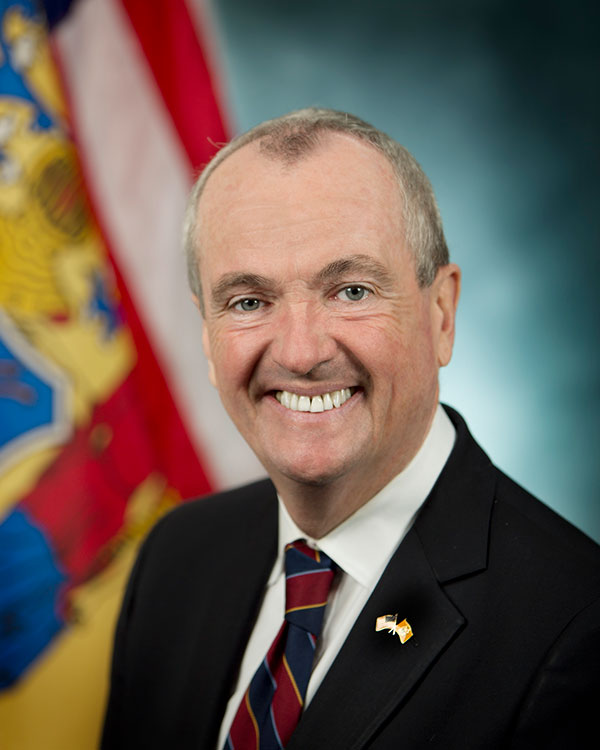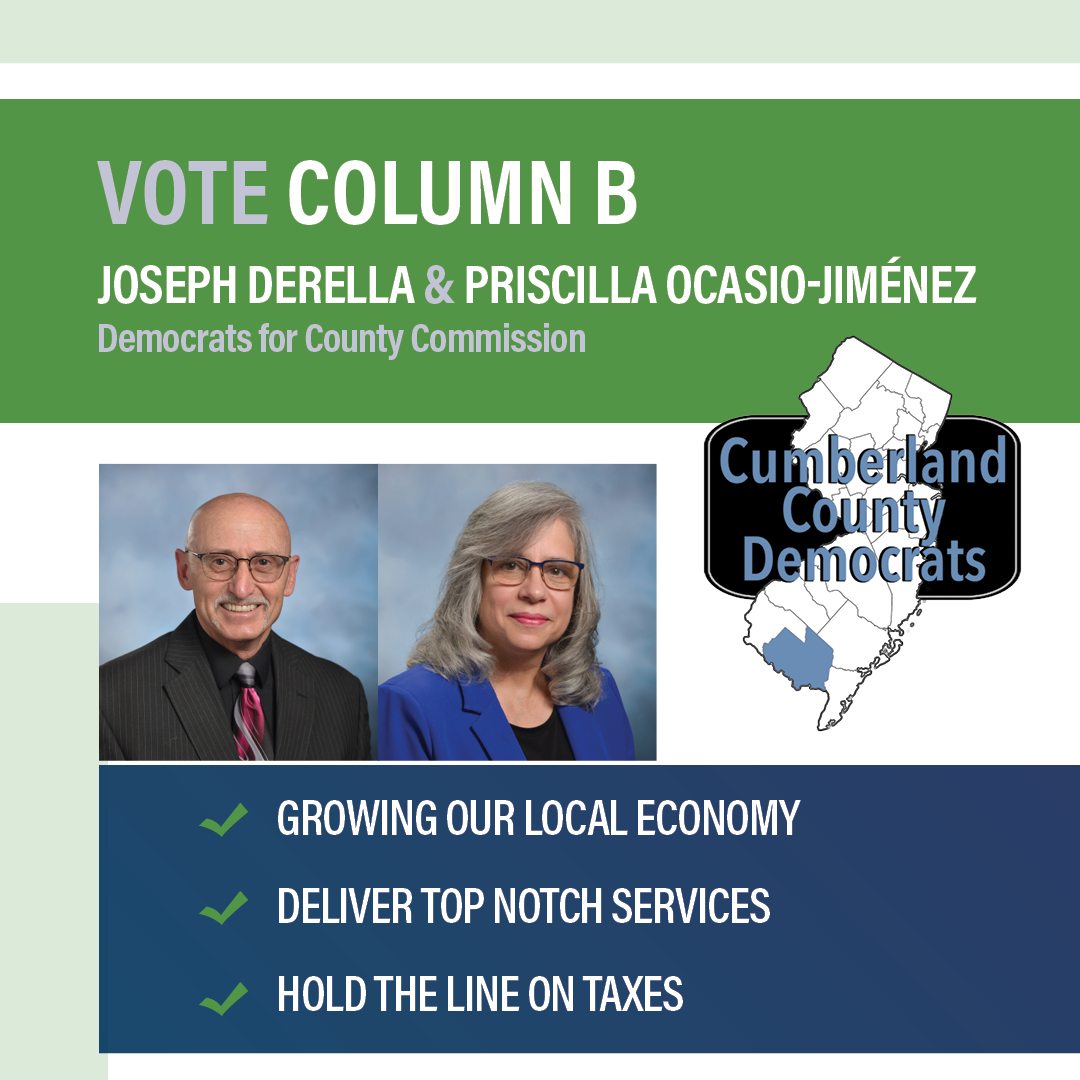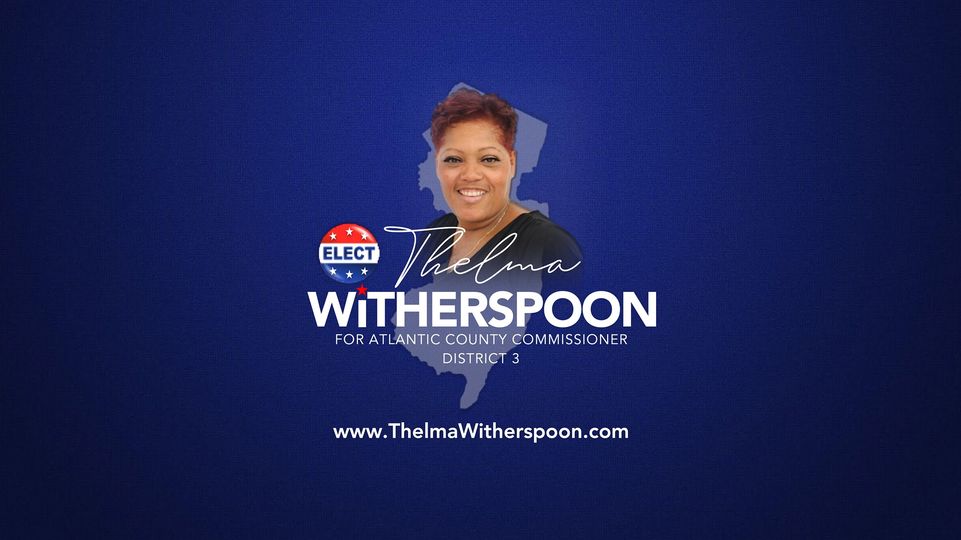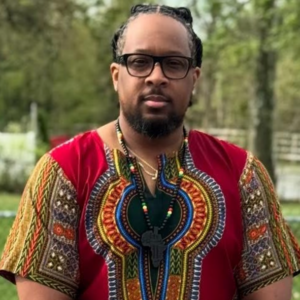Gov. Phil Murphy: We Must Address Racial, Ethnic Disparities in NJ

NOTE: This story is part of the “After the Pandemic: Reporting on NJ Underserved Communities” fellowship administered by the Center for Cooperative Media at Montclair State University and financially supported by the Democracy Fund and Geraldine R. Dodge Foundation.
By Clyde Hughes | AC JosepH Media
ATLANTIC CITY — New Jersey Gov. Phil Murphy acknowledged Wednesday the inequities African Americans, Hispanics and other people of color face in the state, which has only grown with the coronavirus pandemic. He explained how his administration is fighting to narrow those gaps.
Murphy made the comments to members of the ethnic and community press during a virtual news conference set up by the Center for Cooperative Media at Montclair State University. Murphy, who is up for re-election in November, said the disparities have always been there but the current COVID-19 health crisis has “laid them bare.”
“You name it, [whether it’s] public health, job opportunity, housing, education,” Murphy said. “As we recover [from the pandemic], and we are recovering, it’s going to be very important to not just get back to where we were when this thing started, but to take the state to a place it’s never been before.”
Murphy said it will take a sustained effort to wipe out the current disparities Blacks, Hispanics and other minorities face because these inequities have continued in the state and country since the nation’s founding.
“We’re in year 402 since slavery came to North America’s shores and we’re decades through the debris and impacted lives from the ‘War on Drugs,'” Murphy said. “So it’s not going to be one [step]. It won’t be overnight and it won’t be one item. It will be a series of a lot of steps.”
Murphy said some of those steps will be taken through a “second chance” agenda, some of which have already taken place with those on probation and parole receiving the right to vote and expungement of records for those committing low-end drug offenses, which overwhelmingly involves Blacks and Hispanics. He said those expungements are now at 400,000 individuals.
“Its investments in education in all communities are at a record level,” Murphy said. “Its investments in more affordable housing has been a hallmark of our budget.”
Before taking questions, Murphy talked about establishing a Wealth Disparity Task Force as one way of addressing some of the challenges on disparity facing minorities.
On Sept. 14, Murphy signed an executive order creating the task force, which will work towards combating long-standing wealth gaps based on race and ethnicity.
“Income inequality is one of the preeminent and far-reaching issues in today’s society,” Murphy said then in introducing the task force. “We cannot have a stronger and fairer New Jersey without examining the causes of our wealth gaps and without establishing strategies to combat this long-standing problem.”
On Wednesday, Murphy said the task force will help his administration step up to the challenge of the persistent wealth gap.
“This is a fact as of today, in our state, a white family’s net worth on average is about $300,000,” Murphy said at the news conference. “An African American family’s is $6,000; Latino family’s is $7,000. So finding ways to doggedly reduce those gaps, both with money and with programs and policy, has been a front and center priority from day one for us, and it will continue to be.”
Murphy also touted his administration hiring the first leader for diversity, equity and inclusion. He created the Office of Diversity, Equity, Inclusion, and Belonging in the Governor’s Office on Sept. 28, led by Jayné Johnson.
The office seeks to dismantle inequity within the New Jersey state government based on race, ethnicity, and other protected characteristics and to expand opportunities for communities of color and other underserved New Jerseyans.
“We are building on our commitment to advance equity for New Jerseyans who have been left behind for far too long,” Murphy said back in September when the office was created.
“Jayné’s wealth of experience advocating for social justice and prior work crafting policy solutions that promote equity will serve her well in this role. I am proud to appoint her as the Director of this important new office and to sign a legislative package to ensure a stronger and fairer New Jersey that works for all,” he added.
Follow Us Today On:
Note from AC JosepH Media: If you like this story and others posted on Front Runner New Jersey.com, lend us a hand so we can keep producing articles like these for New Jersey and the world to see. Click on SUPPORT FRNJ and make a contribution that will do directly in making more stories like this available. Thank you for reading.







